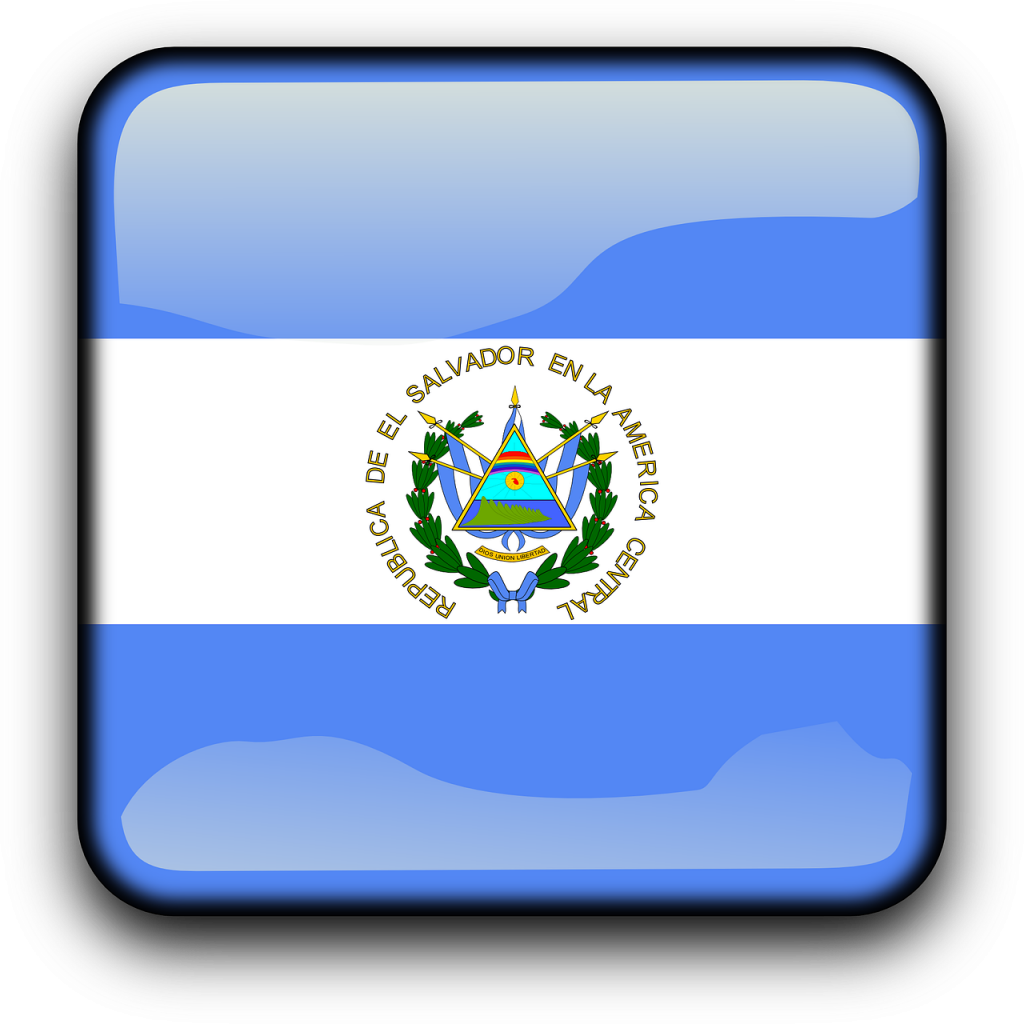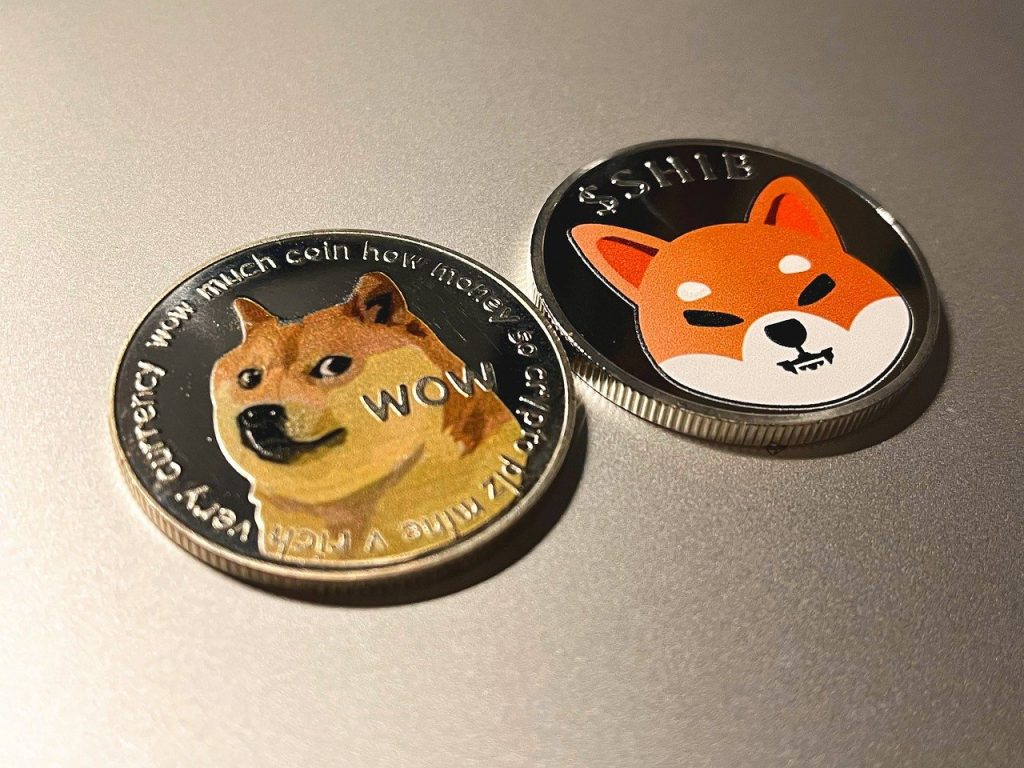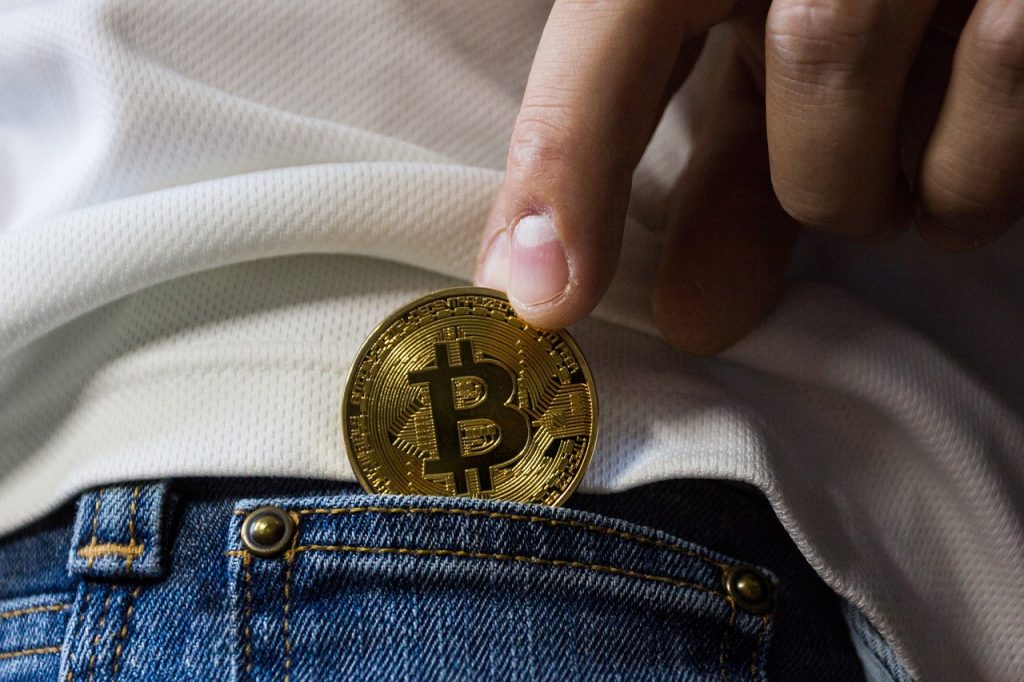Key Highlights:
- The very first nation that accepted Bitcoin as legal tender is El Salvador.
- The project known as Bitcoin City is incredibly effective and sustainable.
- A new metropolis is being constructed in El Salvador’s east using only clean energy that is obtained from local volcanoes.
El Salvador earned a global prize for its ambitious and ecologically friendly Bitcoin City, which is planned to be constructed at the foot of a volcano over two and a half years after becoming the first nation to accept Bitcoin (BTC) as legal cash.
Specifically, among the 705 entries submitted from 56 nations, the El Salvadorian government’s Bitcoin City initiative was chosen by the jury of the international design platform LOOP, according to Argentinian media outlet Noticias de Bariloche (NDB) on January 25.
The paper claims that the LOOP Design Awards, which celebrate the best projects in architecture and interior design according to a jury of more than 25 professionals, represent a rare chance for public acknowledgment.
About the Bitcoin City
The East of El Salvador is currently being developed with a new city project called Bitcoin City, which was created by the Mexico-based design firm Fernando Romero Enterprise EE. The idea includes ground-breaking urban planning, with local volcanoes and Bitcoin powering daily operations.
Tecapa and Conchagua’s two volcanoes will produce clean energy.
“A number of incentives for investors will make this city a reference on how to make a city both efficient and sustainable at the same time,” LOOP wrote in a brief description of the project.
Other Bitcoin initiatives
El Salvador‘s government has launched a number of cryptocurrency-related projects in recent years, becoming the first country to accept the main cryptocurrency as legal cash.
It established a big animal hospital called Chivo Pets, where services are paid for in BTC and a learning facility that offers Salvadorans “free and accessible learning opportunities” about the commodity.



